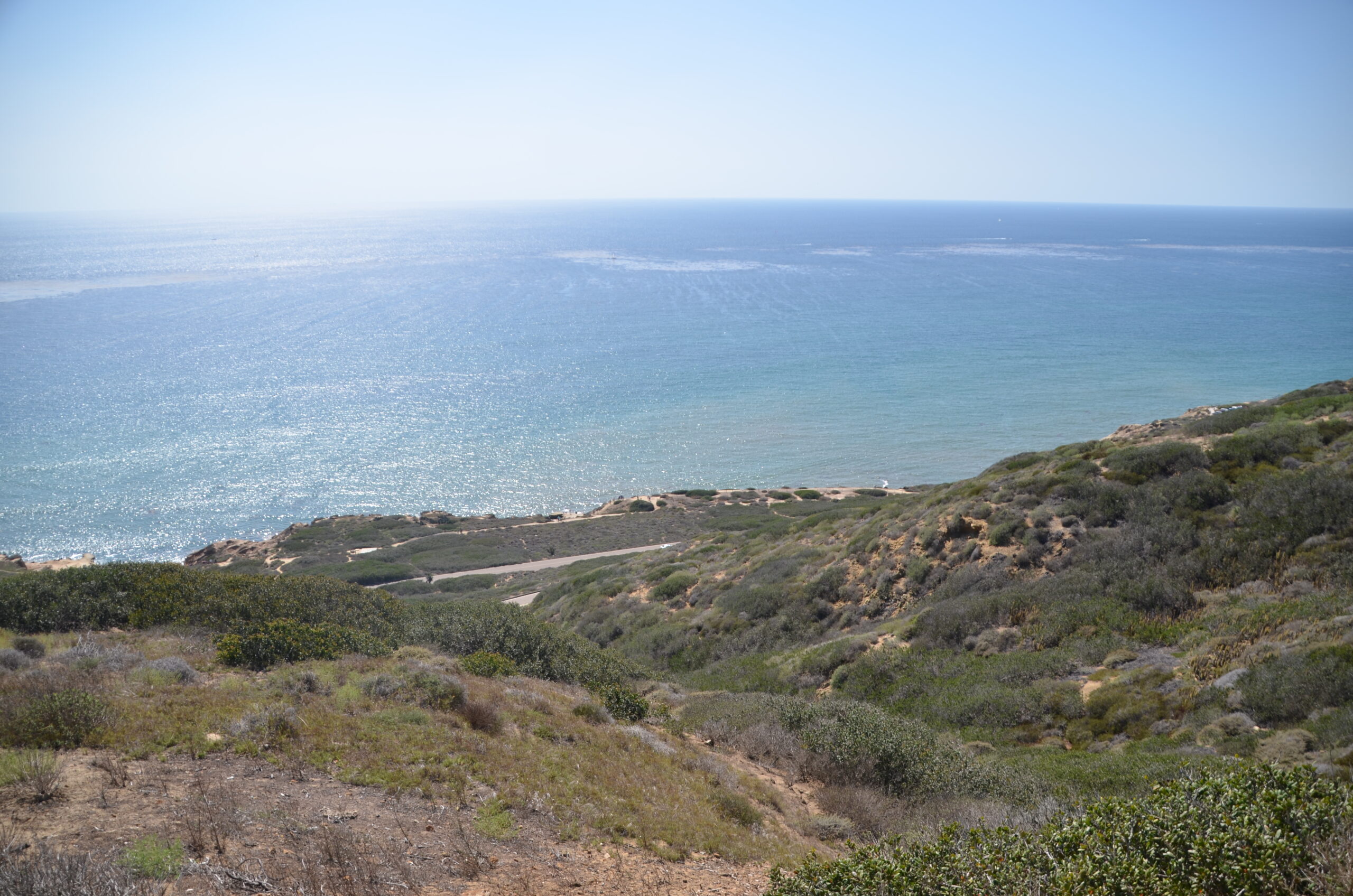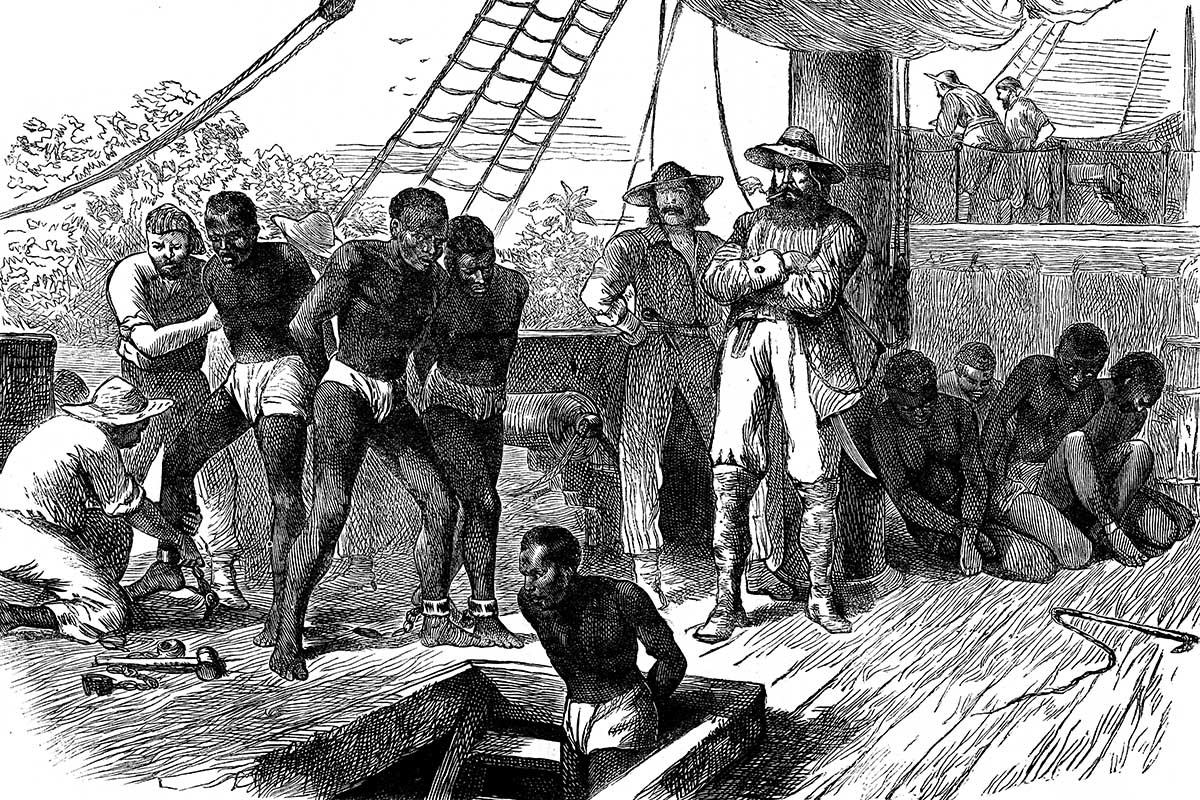“Concern for the environment and humanity”
October 25th, 2015 Environmental advocacy and social justice are both part of a landmark message from Pope Francis, writes Nnadozie Onyekuru, 26, a Commonwealth Correspondent from Nigeria, now studying in the USA.
Environmental advocacy and social justice are both part of a landmark message from Pope Francis, writes Nnadozie Onyekuru, 26, a Commonwealth Correspondent from Nigeria, now studying in the USA.
Pope Francis’ speech at the United Nations was a political expression of Laudato Si, his landmark encyclical on the environment.
In the build-up to the encyclical’s publication, I shared with friends in Nigeria my enthusiasm over its background and possible pronouncements. One of my friends shocked me by replying that the Pope was doing the unnecessary. His opinion reflected the consensus of many on the margins of global development. Concern for the environment is seen by such people as an elitist superfluity. The necessary issues for them are peace, jobs, and food on the table.
This scale of priorities was brought to light in discussions surrounding the jungle hunt of a Zimbabwean lion named Cecil. There were concerns by some that the enduring misfortunes of human lives on the African continent were not able to generate the enthusiastic outrage that Cecil’s misfortune generated in the developed world. Even more mind boggling were the dollar amounts allegedly involved in trophy hunts, amounts which could significantly change some living conditions on the continent.
Concerns like these can be easily swept aside by assertions of individual freedom. Yet, the same rationale can be used to excuse the actions of poachers or of companies who pollute the environment. Certain objectivity in judgement must be present when discerning the reaches of human freedom, and the capability to exercise this objectivity resides without permission in the hearts of all human beings. We do not ask, for example, why we feel bad that some parents abandon their newborn children on the streets. We do not ask why we feel bad that some wealthy ones do not extend a helping hand to their destitute neighbours. We do not blame the unease we harbour when someone of our kind speaks ill of those who are not like us. Deep in our hearts, we sense the wrong. Our hearts teach us, restrain us, and correct us with a natural law.
Pope Francis appeals to this natural law in Laudato Si. At the core of the encyclical is the concept of integral ecology which, to the dismay of cherry-pickers, unites environmental advocacy with social justice not as an end but as a means to the good of humanity. Issues raised include political economy, rights of indigenous groups, responsibilities of multinationals, the proper aims of international development, and the mutual proprietorship of the earth’s generations who, in the words of the poet Hopkins, have “trod, have trod, have trod.”
Human anthropology finds its way into the discourse. Humanity, we must remember, is the most profound bloc of the environment, whose development is sustained first of all by the begetting of many to partake in the fruits of the world’s garden. In the months before the publication of Laudato Si, the Pope hosted thinkers and leaders from various institutions, cultures, and religions to discuss the place of marriage and procreation in the history of civilization. The conversation included a presentation of six short videos titled “The Humanum Series”.
Although the ideological thesis of the video series does not sit at the same table with the social novelties of our age, its premise of the natural law cannot be disparaged. It is noteworthy that in the aftermath of Cecil’s death, conservationists bemoaned the possible decimation of the lion’s cubs by a territorial successor. This tacit acknowledgement of a natural order of consequences can assist our understanding of humanity.
Pope Francis is asking people of goodwill all over the world to reflect on what it is to be human, because only then can we joyfully take care of all living and non-living things. Only people who love and appreciate themselves and others can love and appreciate their habitat. Only people who can live by a human ethic can restrain themselves from greedy utilization of environmental resources.
The dots are not far from each other, even in the polity. My country’s political history is scarred by the execution of Ken Saro-Wiwa, a writer cum environmental activist in the well-known Niger Delta. Today, despite debilitating violence in the north, long-standing fatal skirmishes between migrant herdsmen and native farmers has not abated.
The earth therefore, is not the other. We are the earth and what we make of it is what we make of ourselves.
Photo credit: Nnadozie Onyekuru
………………………………………………………………………………………………….
About me:
I am a Nigerian student. I love books. I am young and enthusiastic with firm dreams that are only tempered by Christianity. I dream of a world where people, inspired by their common humanity, engage in a global wheel of ideas and do not use history as a tool for blame game but as a lesson for the future. In my spare time, I write stories, speeches and participate in activities that advance the respect of human dignity.
…………………………………………………………………………………………………………………
Opinions expressed in this article are those of the author and do not necessarily represent the views of the Commonwealth Youth Programme. Articles are published in a spirit of dialogue, respect and understanding. If you disagree, why not submit a response?
To learn more about becoming a Commonwealth Correspondent please visit: http://www.yourcommonwealth.org/submit-articles/commonwealthcorrespondents/
…………………………………………………………………………………………………………………




